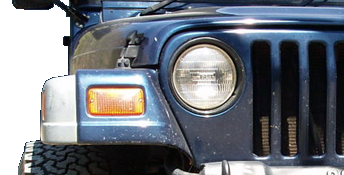neptco19
Well-Known Member
- Joined
- Apr 5, 2005
- Location
- Athens, GA
I'm in the middle of building a 383 stroker and need to order some pistons, so I'm just trying to figure out what the ideal compression ratio for running 'pane is. And since I know everyone like pics, heres some of it after the rough bore was done and being drilled for 4 bolt mains...




 burp.....fart
burp.....fart

 I did determine that I can get around 5 hours of actual run time on one 33-1/2 lb. tank of propane. Nice to know that info now.
I did determine that I can get around 5 hours of actual run time on one 33-1/2 lb. tank of propane. Nice to know that info now.